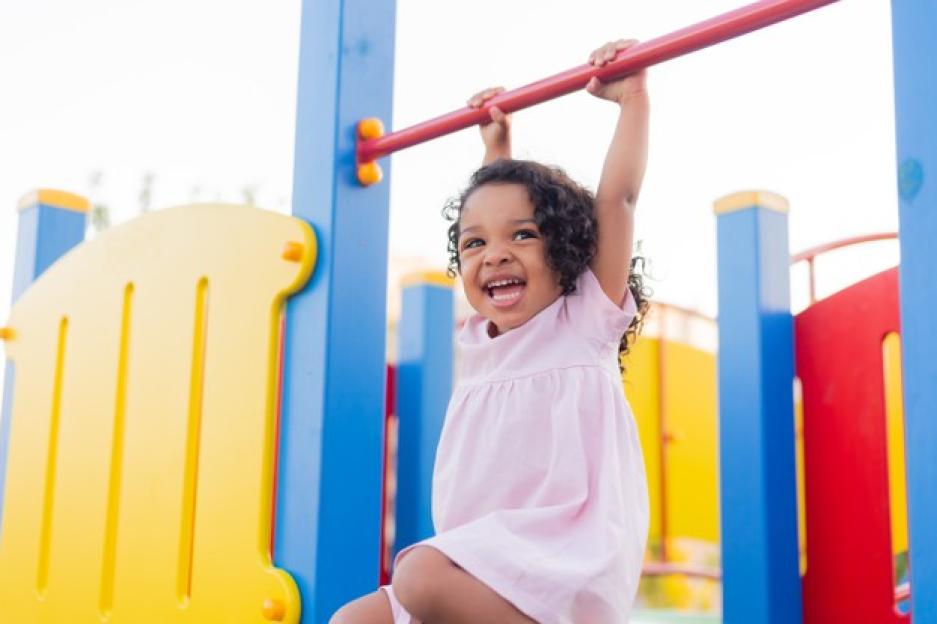CASES of a nasty childhood virus have surged in recent months, figures reveal.
Respiratory syncytial virus (RSV) is a winter bug that can feel like a common cold in adults, but can be life-threatening for some young children.
RSV is the biggest cause of deaths for kids under five, across the world.RSV cases are higher than typical for this time of year, as are cases of other bugs, including flu.
Data suggests cases have recent fallen by nine per cent among under fives during the week ending December 8, compared to the previous week.
However, experts predict it to rise again as the colder months draw in.
The bug, which is most dangerous to babies, is the largest cause of deaths for thousands of kids under five, across the world.
However, young infants who have no way of telling adults they’re feeling sick may not display typical cold-like symptoms at first.
According to the US Centre for Disease Control , these are the only three signs a baby with RSV may display:
- Irritability
- Decreased activity
- Breathing difficulties
Other symptoms common among children of all ages include:
- Runny nose.
- Decrease in appetite
- Coughing
- Sneezing
- Fever
- Wheezing
Guidance states that symptoms are usually worst between days three and five of the bug, with the cough getting better in three weeks.
If you are worried about any of your child’s symptoms then you should contact your GP.
In the event of an emergency, you should always contact 999.
RSV cases are higher than normal for this time of year, as are cases of other bugs, including flu.
That’s because Covid lockdowns, in which kids stayed at home, prevented RSV from circulating as it usually would.
In one report from the Academy of Medical Sciences, virus experts said the UK was heading for a “ lethal triple mix of Covid-19, influenza, and the respiratory virus RSV”;; [this winter].
“This could push an already depleted NHS to breaking point this winter unless we act now,”;; it added.
Dr Conall Watson, Consultant Epidemiologist at UKHSA said RSV cases are continuing, which is typical for this time of year, especially in young kids.
“For children under two, RSV can be severe â particularly for babies and those born prematurely. Use a tissue to catch coughs and sneezes and wash your hands afterwards to reduce the spread to the most vulnerable.
“Never smoke near a baby and avoid visiting babies if you are ill. If you are worried your child has cold symptoms with any unusual breathing or trouble feeding, please contact your GP or NHS 111.
“If your child seems seriously ill, trust your judgement and get emergency care,”;; Dr Watson added.
There are currently no available treatments or a cure for RSV.
But after decades of stalled progress, pharma giant Pfizer announced last week that its new RSV vaccine is 82 per cent effective at preventing infants needing a hospital stay, offering hope to parents all over the world.
Dr Chrissie Jones, a paediatric infectious disease expert at the University of Southampton, says the jab is “an absolute game-changer”;;.
She says: “If this vaccine is approved by regulatory agencies, it would have a substantial impact on admissions to hospitals for RSV disease.”;;



